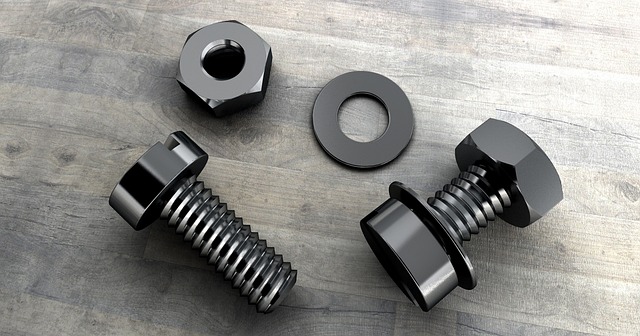Inconel, a nickel-chromium-based superalloy, has been a staple in the materials industry for decades due to its unique properties and widespread applications. Its resilience and adaptability have made it a crucial component in various industries, including aerospace, nuclear energy, and petrochemical processing. However, like any other material, Inconel also has its own set of advantages and disadvantages. In this article, we will explore five key advantages and disadvantages of Inconel that you need to know.
Advantages of Inconel
1. High Temperature Resistance
One of the most significant advantages of Inconel is its ability to retain its mechanical properties at elevated temperatures. This alloy can withstand extreme heat without experiencing significant degradation in strength or ductility. This makes Inconel ideal for use in high-temperature environments, such as jet engines or industrial furnaces, where traditional metals would fail.
2. Excellent Corrosion Resistance
Inconel exhibits excellent resistance to corrosion, even in harsh environments. Its high chromium content provides a protective oxide layer that shields the alloy from corrosive agents. This property is particularly useful in applications where exposure to acids, alkalis, or saltwater is common, such as in chemical processing plants or marine environments.
3. Good Mechanical Properties
Inconel offers superior mechanical properties, including high tensile strength, good fatigue resistance, and excellent creep resistance. These properties allow Inconel components to perform reliably under demanding conditions, such as high stress or cyclic loading.
4. Easy to Fabricate
Despite its high strength and resistance to corrosion, Inconel is relatively easy to fabricate. It can be formed, welded, and machined using standard metalworking techniques. This makes Inconel a versatile material that can be used in a wide range of applications and configurations.
5. Long Service Life
Due to its excellent durability and resistance to degradation, Inconel components often have a long service life. This reduces the need for frequent replacements and maintenance, leading to cost savings and improved operational efficiency.
Disadvantages of Inconel
1. High Cost
One of the main disadvantages of Inconel is its relatively high cost compared to other metals. The manufacturing process of Inconel is complex and requires precise control of alloy composition and processing parameters. This, combined with the high demand for the material in certain industries, drives up its price.
2. Difficulty in Machining
Although Inconel can be machined using standard techniques, it is generally more challenging to work with than some other metals. Its high hardness and toughness can lead to tool wear and increased machining time. This can add to the overall cost of manufacturing Inconel components.
3. Limited Availability
Due to the specialized nature of Inconel and its high demand in certain industries, it may not be as widely available as some other metals. This can be a challenge for manufacturers who need to source Inconel regularly or in large quantities.
4. Susceptibility to Certain Forms of Corrosion
While Inconel is generally resistant to corrosion, it can be susceptible to certain forms of attack, such as pitting or crevice corrosion, in specific environments. This requires careful consideration of the operating conditions and proper selection of Inconel grades to ensure adequate corrosion resistance.
5. Environmental Impact
The production of Inconel and other nickel-based alloys can have environmental implications, including the use of energy-intensive manufacturing processes and the potential for waste generation. There is also a need to ensure that the recycling and disposal of Inconel scrap are managed responsibly to minimize the environmental impact.
Conclusion
Inconel, as a nickel-chromium-based superalloy, offers numerous advantages that make it a valuable material in various industries. Its high temperature resistance, corrosion resistance, and mechanical properties make it ideal for demanding applications. However, its high cost, machining challenges, limited availability, susceptibility to certain forms of corrosion, and environmental impact are factors that need to be carefully considered when deciding whether Inconel is the right material for a specific application. Understanding these advantages and disadvantages will help engineers and material scientists make informed decisions about material selection and usage.
Thank you for reading our article and we hope it can help you to have a better understanding of the advantages and disadvantages of Inconel. If you are looking for Inconel Alloy suppliers online now, please don’t hesitate to contact Huaxiao Alloy.
As a leading supplier of Inconel Alloys from Shanghai China, Huaxiao Alloy provides customers with high-quality Inconel Alloy 718, Inconel 602CA Alloy, Inconel 713LC alloy, Inconel Alloy 750, Inconel 602 alloy, Inconel Alloy 600, Inconel Alloy 601, Inconel 625 UNS N06625, and Incoloy Alloy 925 (UNS N08925) at a very competitive price.

One Comment
A good article should be seen by more people!